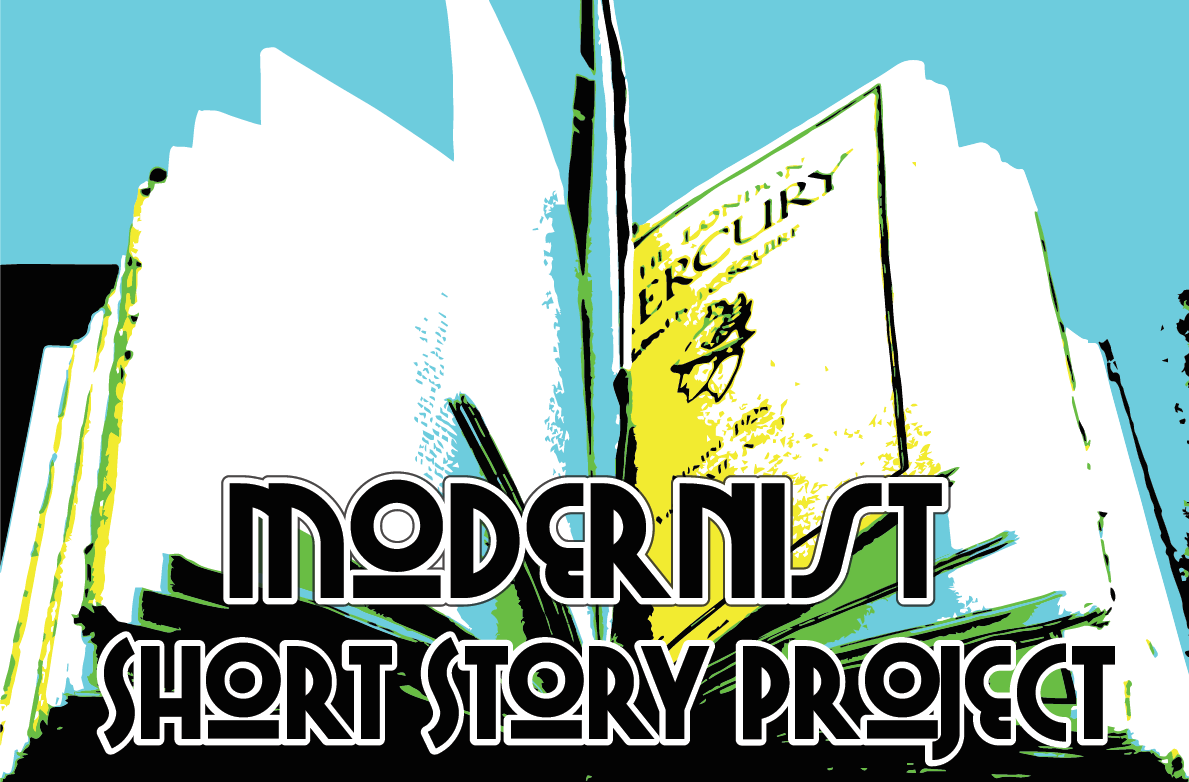Document Type
Article
Publication Date
Winter 2019
Abstract
For centuries, humankind has been fascinated with horror. From the cruel arenas where gladiators fought to the death in Ancient Rome, to todays Halloween blockbusters, there is no short history for a genre that can creep into any particular story, with just a few ingredients. I believe that horror captures attention through the storytelling mode of relatability. Horror asks of its readers and viewers “what would you do?” Horror is inherently scary because it triggers human empathy and fear for the characters. Experiencing a horror movie or listening to a true crime podcast today can be a validating experience as people see their own fears played out. The world may be full of darkness, but when it is pretend, when it is safe, fear loses its power. This is especially true for women in the 21st century. As Alison Gillmor describes, women have taken a firm interest in horror films as of late—Entertainment Weekly reported that the majority audience is mostly women. Gillmor quotes Gita Jackson, who said: “Horror movies are one of the few places women are told their fears are real.” Thus, Gillmor is arguing that for women horror is deeply cathartic; it allows them an unreal and therefore safe space to work through real life fear and trauma.
Recommended Citation
Jensen, Sarah, "Francis Gregg and Horror Feminism" (2019). Modernist Short Story Project. 19.
https://scholarsarchive.byu.edu/mssp/19

